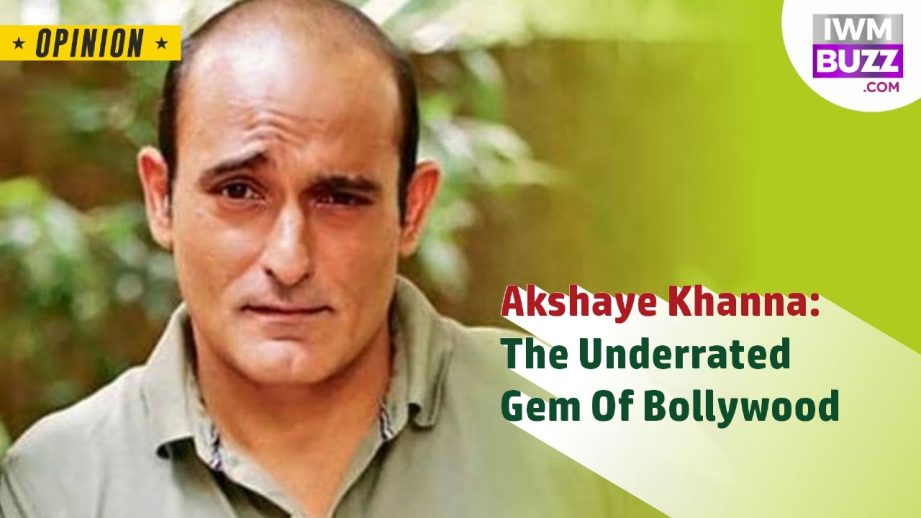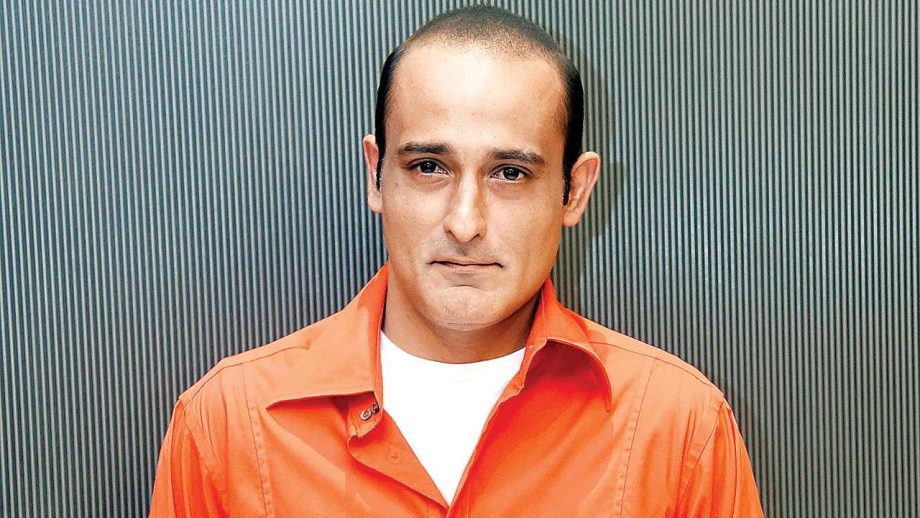
It is with the utterance in the silence he, Akshaye Khanna, holds. Calm, poised and enamoured. Doesn’t fit very well into the structural stardom that we have been choking on for ages now. Neither is he very stoic. He tells you that he is just present. Present with a demeanour, letting his work speak. You watch his movies, you see he never picked up the stereotypical, big guy kind of roles.
He doesn’t like the limelight either. Once, talking to the Indian Express, he said, “I decided, having taken an off of four years, I wanted to start off with slightly smaller roles to get into that zone. But I was sure I won’t do it by compromising on the quality of work. The role could be small, but it should have an impact in the story,” as quoted by Hindustan Times. What’s interesting is that he keeps coming back with classic characters in intervals. Colloquially, which gets termed as his comebacks, Akshaye Khanna however, doesn’t consider them as his comebacks. He says, “I don’t look at it as a comeback. It’s just a phrase that people use, which is fine. It’s probably because in today’s world, you’re not supposed to take breaks that long.”

He purposely keeps it low. He picks quality over quantity. Akshaye Khanna first stepped into the cinematic frame in 1997 with Himalay Putra, a debut carved out with intention, legacy, and all the weight of expectation that comes from being born into a film dynasty. It was meant to be his grand arrival. But the film barely stirred the surface. The world didn’t take notice. Not then.
But Akshaye didn’t flinch. Because he was never chasing noise.
Later that same year came Border. A war film, yes, grand, ensemble, patriotic. But in its loudest moments, Akshaye’s silence lingered the longest. He didn’t need to shout. He was. With one performance, restrained and deeply felt, he announced not stardom but something rarer. Substance.
What followed was a career that refused to follow. He danced through genres and expectations with a quiet rebellion. Never loud, never predictable. The tender heart in Taal, the charming nonconformist in Dil Chahta Hai, the morally ambiguous lover in Humraaz, the sleek villainy of Race — each role, a study in control, nuance, and presence.
He chose characters with texture. Films that allowed him to retreat and yet, somehow, dominate the screen. In Mom, Ittefaq, Section 375, and Drishyam 2, he wasn’t just acting. He was inhabiting it. Slowly. Completely.
With Chhava, a film that has reportedly crossed Rs 800 crore worldwide, he reminds us once again. Box office or not, he has never needed to prove himself. He doesn’t fit into the typical arc of rise, fall, rise. He just exists. Steady. Compelling. And absolutely unforgettable. With that, all eyes are on Dhurandhar now.
